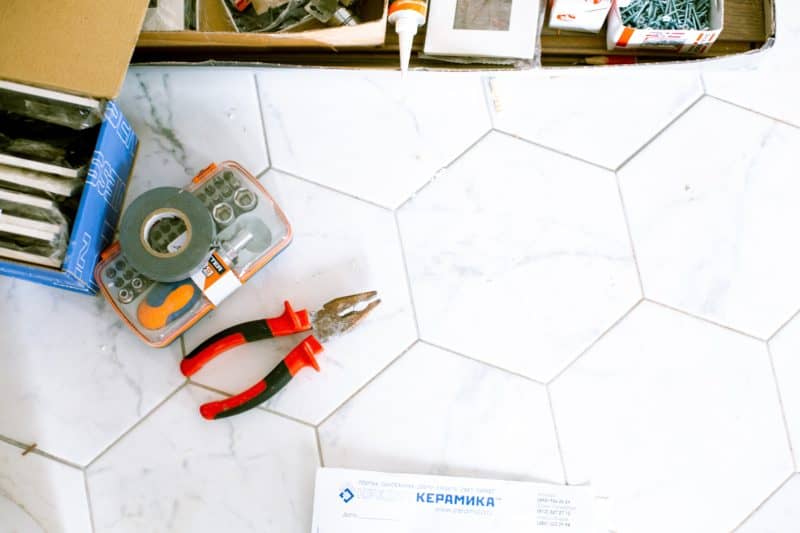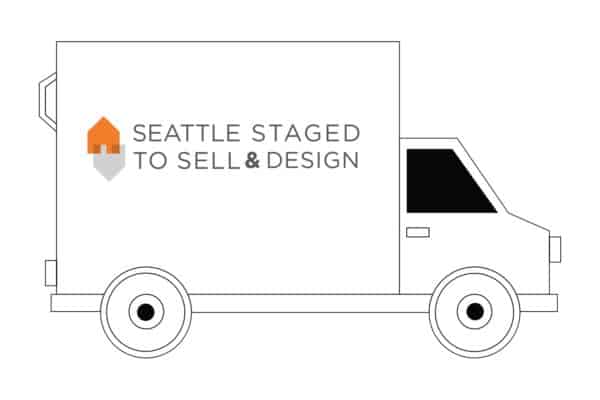If your kitchen pipes suddenly started leaking, would you have the resources to pay for the repairs? If not, you could be setting yourself up for some serious future stress. Emergency home repair issues can put a strain on your finances if you are not prepared for them. Before an emergency home issue trips up your budget, use these emergency home repair fund tips to get yourself ready.
Turn Your Home Equity Into Emergency Cash for Repairs
Hopefully, you’re reading this to better prepare for the possibility of future emergency repairs to your home. If not, you may be searching for solutions to get the cash you need to cover emergency repairs.
Depending on your financial situation, there may be multiple avenues to get the money you need. One is to use equity via a cash-out refinance loan, which is a simple and fast choice to help you get cash for remodel projects. With cash-out refinancing, your existing home loan is replaced with a larger one, and you get to keep the difference between these two amounts. That way, you can put the cash you receive toward any unexpected repairs. Another, and perhaps more traditional, method for covering unexpected repair expenses is a home equity loan. With this sort of loan, your home serves as collateral for a set amount of credit. You end up making separate payments to satisfy your loan agreement and still pay a mortgage.
Do Your Homework When Booking Repairs and Contractors
When an unexpected repair comes up, you may be tempted to call the first contractor who comes up in an online search. However, that could be a big mistake. In addition to overpaying for the repairs you need, you may wind up with an unreliable contractor. Working with a contractor without reading reviews and getting recommendations from trusted friends or neighbors can result in delays or, worse, shoddy work. Before you book a professional to take care of your emergency repairs, be sure you know how to find the right contractor.
Now, you may not have time to get multiple bids when dealing with an urgent issue, such as a broken AC in summer or a major plumbing problem, but you should take the time to ask for those recommendations. You’ll also want to confirm that your contractor is licensed. The last step can be especially crucial, as hiring unlicensed contractors can saddle you with insurance problems and potential lawsuits.
Set Up Your Emergency Home Repair Fund Before Issues Arise
Having the resources you need to access emergency cash can make covering rainy day repairs easier. If you want to save yourself the headaches of going through many of these steps, start saving for emergencies now. Every homeowner should have an emergency home repair fund set up as soon as they purchase their first home.
You’ll need to know how much common repairs and maintenance costs to figure out how much to save. For a minor issue, like a broken microwave, you could end up spending around $670 to replace it. More complex projects, including repairs to your foundation, could end up costing thousands. Since you can’t predict which repairs your home will need in the future, it’s a good idea to put 1 to 4 percent of your home’s value into your repair fund.
No matter how new your home is, emergency repairs and maintenance issues are bound to come up. If you don’t have a solid way to pay for those repairs, you could find yourself having to put them off or resort to desperate measures to get extra cash. Keep this guide handy so you’ll know how to pay for rainy day repairs and how to prepare for them in the future.
Written by Suzie Wilson – Edits by Ashley Pasquale
Feel free to share this post:

 Photo Credit: Pexels
Photo Credit: Pexels

